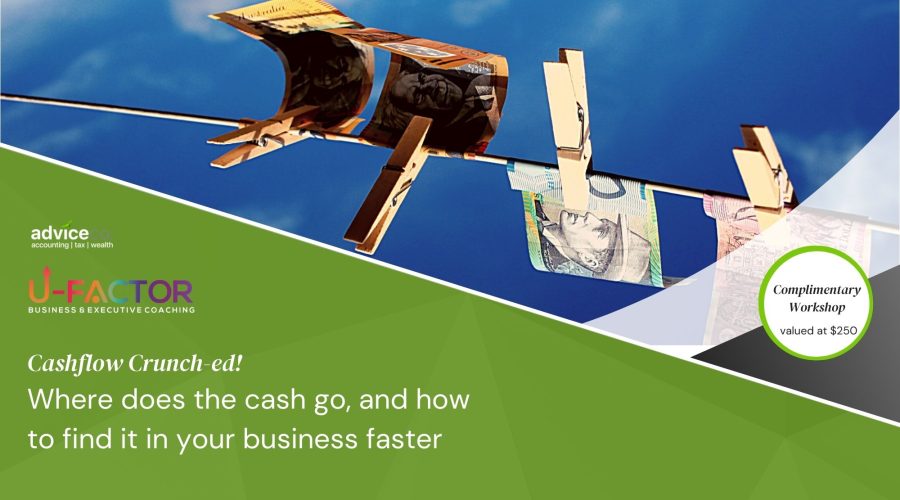ATO crackdown on Family Trusts Posted on March 15, 2022

In an effort to crack down on Family Trusts, the Australian Tax Office (ATO) released a draft ruling and accompanying guidance in February.
The draft ruling suggests that they intend to target ‘reimbursement arrangements’, generally referred to as Section 100A. There is much detail trustees and beneficiaries need to get their heads around, but for the purposes of this article, we’ve attempted to cover the main points as simply as possible.
What is Section 100A?
- Section 100A applies where a beneficiary becomes presently entitled to a share of the income of a trust estate under a reimbursement agreement.
- A ‘reimbursement agreement’ is defined to be an agreement that provides money to be paid, property transferred, or services or other benefits provided to someone other than the primary beneficiary (for example, an adult child). A reimbursement agreement does not have to be in writing, but could be a simple verbal arrangement.
- Where 100A applies, the income is not assessable to the beneficiary; instead, the trustee is assessed on the income and the trust pay tax at the top marginal rate.
- Section 100A is concerned only with tax avoidance arrangements.
What is the ATO worried about?
The term ‘reimbursement agreement’ is not legally binding, in that no reimbursement is enforced.
The Draft tax ruling sets out the ATO’s concerns about certain arrangements involving adult children of controllers of discretionary trusts. Under the arrangements, the adult children are made presently entitled to trust income but it is not intended that they retain any benefit of that income, and the arrangements are predicated on avoiding tax.
A simple example may be where the controllers / trustees of the trust may be on the highest marginal tax rate and agree with their adult children who are on a much lower tax rate to record a trust distribution in the adult childrens’ tax return to take advantage of the lower tax rate. The tax is paid by the controllers and the balance of the trust distribution reverts to the controllers. This would be deemed as a reimbursement agreement.
So what happens next?
A few things:
- There needs to be a ‘connection’ between the creation of the present entitlement to a share of the income of a trust estate and an agreement that is a ‘reimbursement agreement’.
- The reimbursement agreement must provide for the payment of money / transfer of property /provision of services or other benefits for one or more persons other than the beneficiary alone.
- One or more of the parties to the reimbursement agreement must have entered into it for a purpose of eliminating or reducing someone’s income tax.
- Lastly, the exception to 100A is satisfied where an agreement is not entered into in the course of ‘ordinary family or commercial dealing’. To fall within this exception, the transactions between family members and their entities must be capable of explanation as achieving normal or regular familial or commercial ends (the draft ruling outlines nine definitions of what constitutes ordinary family or commercial dealing).
When are the changes likely to come into effect?
It is noted that the draft ruling suggests a retrospective application with arrangements entered into before 1 July 2014 generally not targeted for ATO review, unless it forms part of a broader ATO investigation into historical tax issues of the trust. There is a case before the Courts that may shape the outcome of the draft ruling later in 2022.
Trustees who intend to distribute their income for the year ending 30 June 2022, will need to carefully consider the implications of these announcements in deciding how to distribute.
As part of year-end tax planning and preparation of the 2022 trust distributions, and if you have any concerns about previous distributions which may be considered a reimbursement agreement, we recommend trustees speak to their advisor or contact our team at AdviceCo to understand your options: [email protected]





